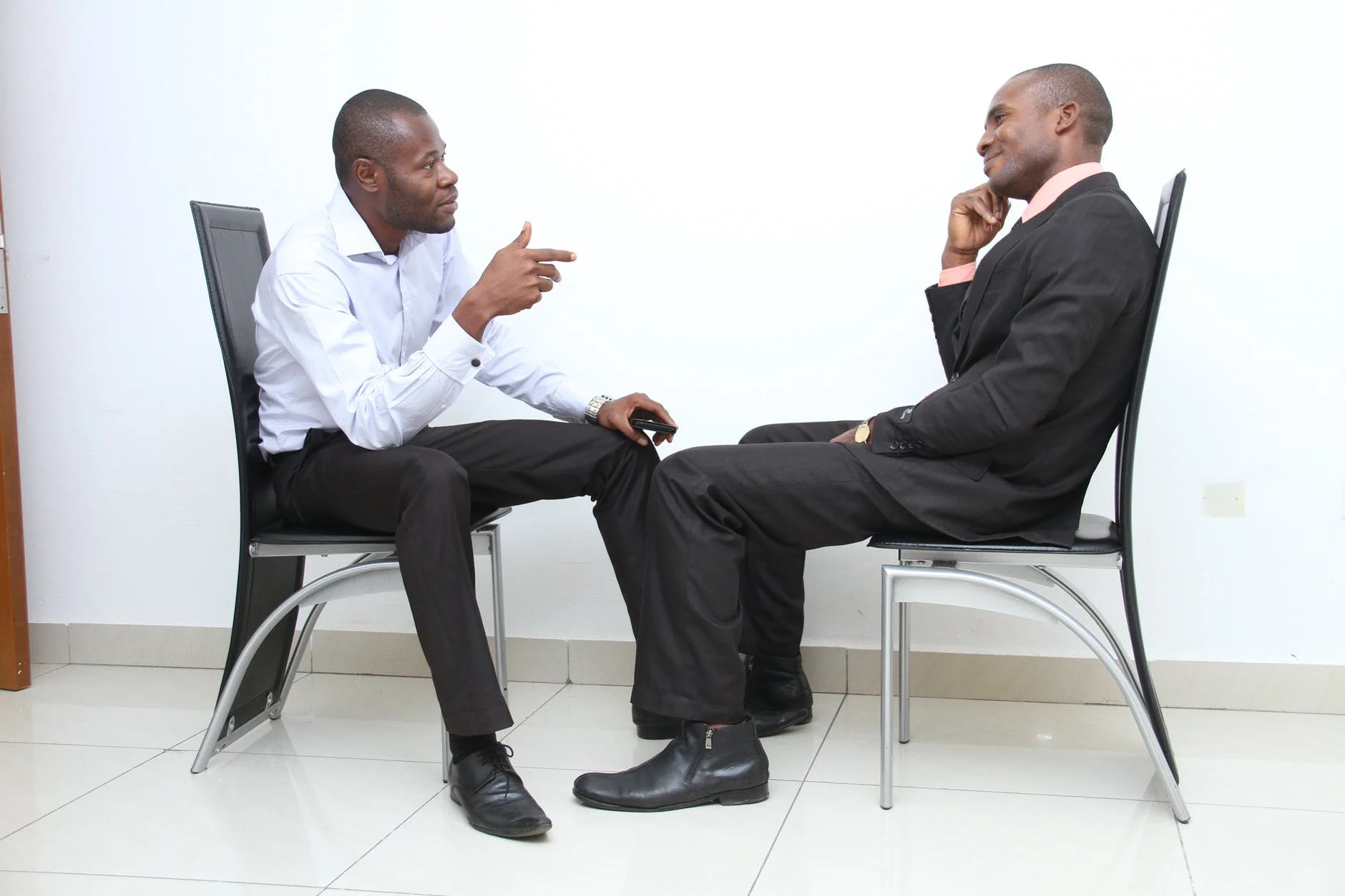The yearend holiday season is typically the busiest time of the year for just about everyone, but layering on MBA applications can make it downright insane. You need a strategy to make it through it all without losing your mind, and hopefully in the process, also earning a spot at your desired school.
The MBA program at Harvard receives more applications than any other business school in the world. If HBS is what you are looking for, your next step should be to discover what they are looking for—make sense?
Often, MBA applicants simply look at rankings to determine where to apply to school, but figuring out where you will thrive requires a deeper dive into four key areas.
When it comes to interviews, one of the most common mistakes MBA applicants make is to prepare for their MBA interview in the exact same way they prepare for a job interview. If you want to avoid an eye roll after you leave your school’s interview session and potentially being told “thanks but no thanks,” read on…
This time of year is all about Thanksgiving. Well, and Christmas, but let’s not get ahead of ourselves. Giving thanks is an important part of everyone’s lives, but the busy schedules we all lead can leave us skipping over thankfulness altogether. Similarly, when it comes to business school applications, clients often fail to remember to give appropriate thanks too. Are you one of them?
Let's talk about Career Goals for a minute. This is always a good topic, honestly, because whatever time of year it is and whatever stage of the application process we are all encountering, the narrative of a candidate's career goals will always be paramount.
If you applied during round one, you are hopefully by now receiving interview invitations from some of your target schools. While preparing for this stage can certainly be a stressful time, most applicants find excitement and take comfort in being identified as someone the schools want to talk to. Some of the most common questions you will likely face will be about your strengths and weaknesses. Are you ready to answer them?
The most common interview question is often the interviewers opening line, so it almost seems like an ice-breaker instead of a serious interview question. While “Tell me about yourself,” sounds simple enough on the surface, the way you answer this seemingly innocuous question can make or break the rest of the interview---and possibly your chances of admission altogether.
I met with an MBA applicant last week who is still working her way through a top ten undergrad program. She is dead-set on matriculating into an MBA program immediately after she graduates and wanted my advice. In short, I told her to wait. Want to know why? Read on…
It’s tempting to pull out all the stops when crafting your MBA applications, but you can go too far when the effort to impress backfires.
Two good rules of thumb when writing application essays for b-school is to 1) answer the question and 2) stick to the word limits. If you have tried your hand yet at writing these essays, however, you have probably noticed it’s a bit difficult to hit that word limit precisely. What to do?
Today, we are going to be breaking down the failure essay and the biggest reasons why everyone blows it.
We are going to walk through the 5 biggest reasons why people fail on this essay.
Paul Lanzillotti presents his analysis of the Chicago Booth business school application, Booth Moments "picture essay", and strategies for getting into the MBA program.
This article is a bit of a repeat from one we wrote last year, but it's key this time of year, when it seems like every day a client is getting ready to take on an MBA interview.
This particular piece is about a harsh reality of that process, which is that every interview is going to take a dip, or hit a rough patch, at some point ... through no fault of anyone involved. Why is this? And how can you address it? Let's dive into it.
Choosing the right business school can be a lot of work. Between research, self-assessment and in-person visits, you have likely realized that much time is spent to decide where you might fit well even before you begin actually writing applications. Why not leverage that effort by applying to clone programs to give yourself more options?
It's the time of year where I start having the "Round 2 conversation" a lot with individual clients. Basically, the idea is that Round 2 might be offering a slight advantage, based on theories of market inefficiencies and so forth. For years, the prevailing belief is that Round 1 is the best round to apply to business school. While there is no hard-core evidence to suggest otherwise, some common sense may point to a different result.

























